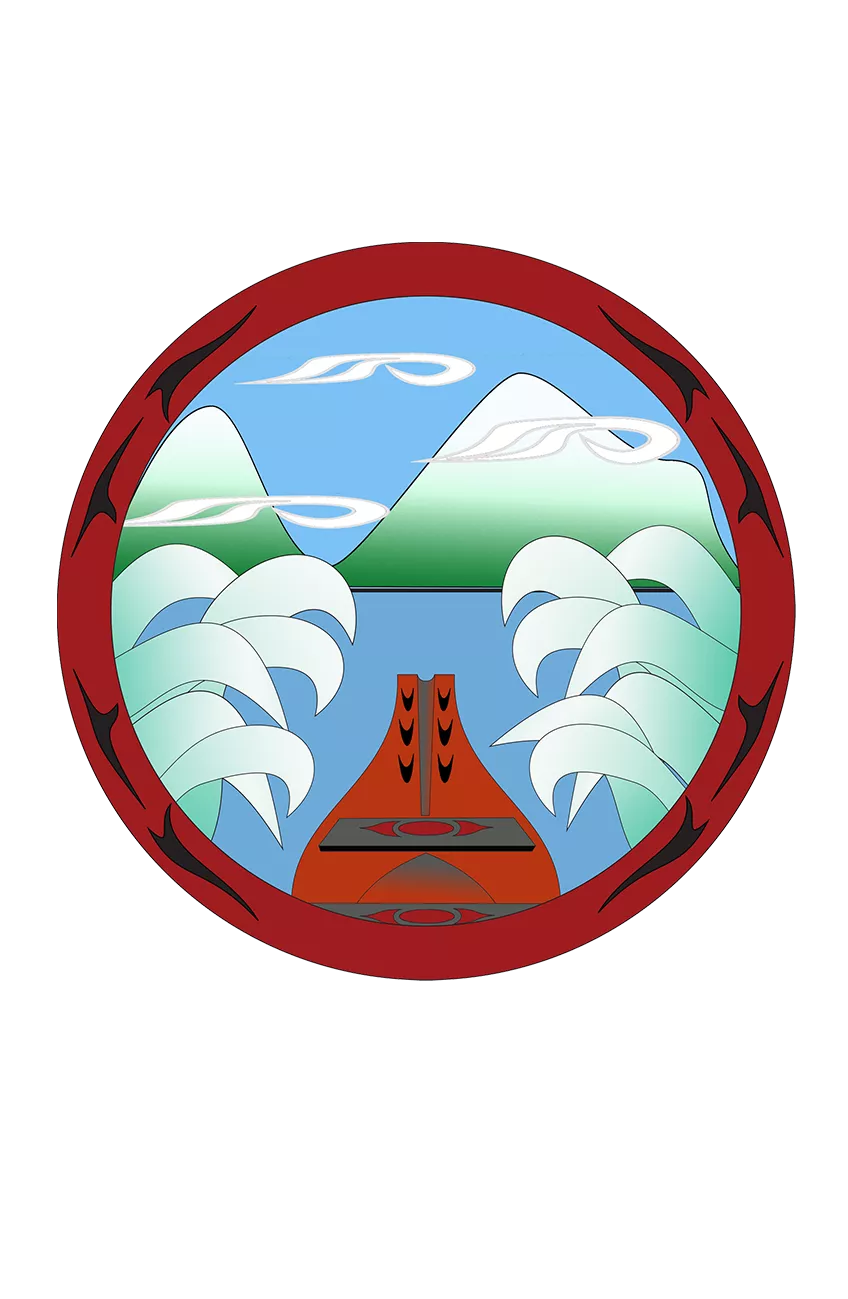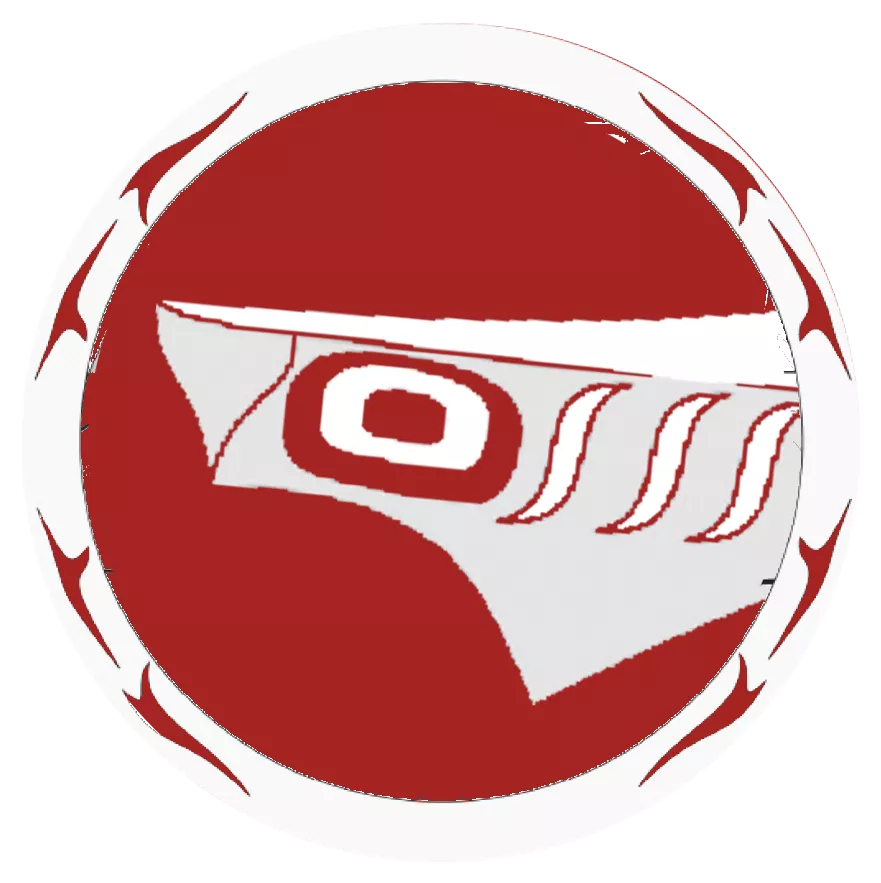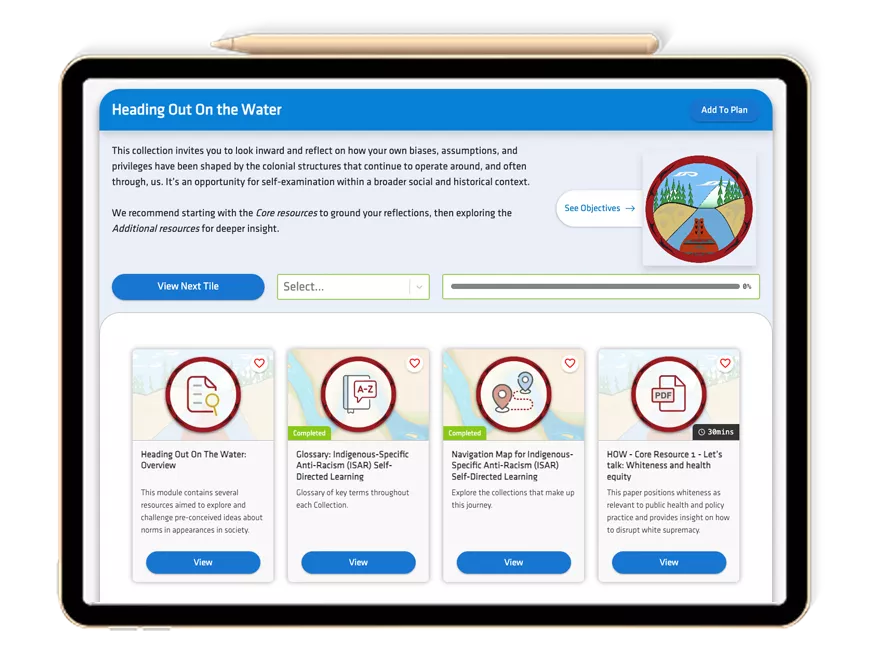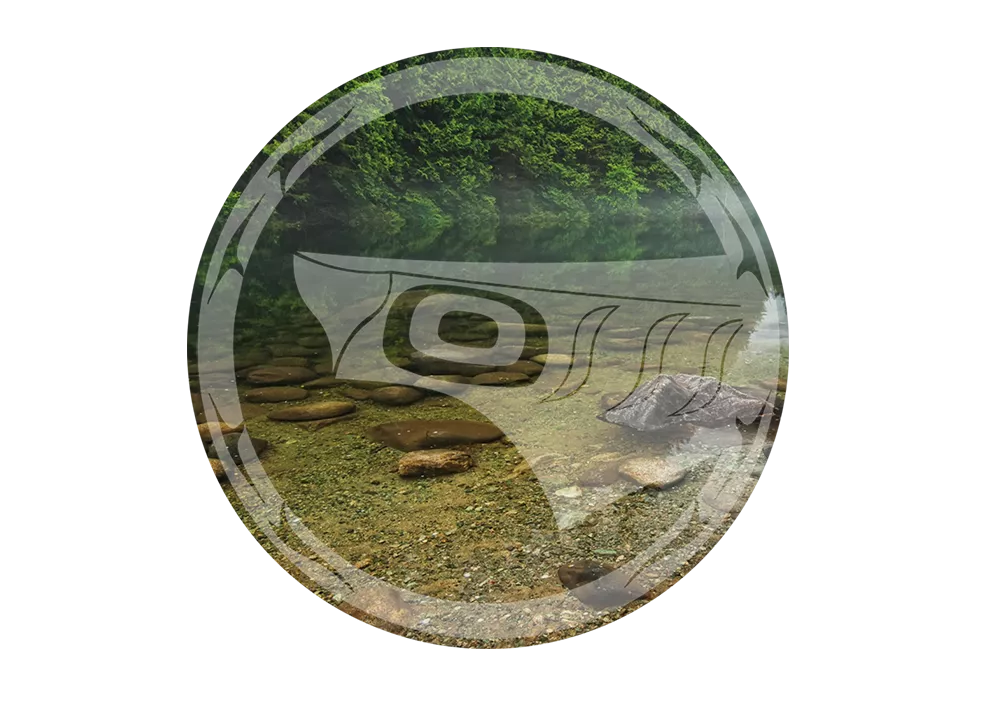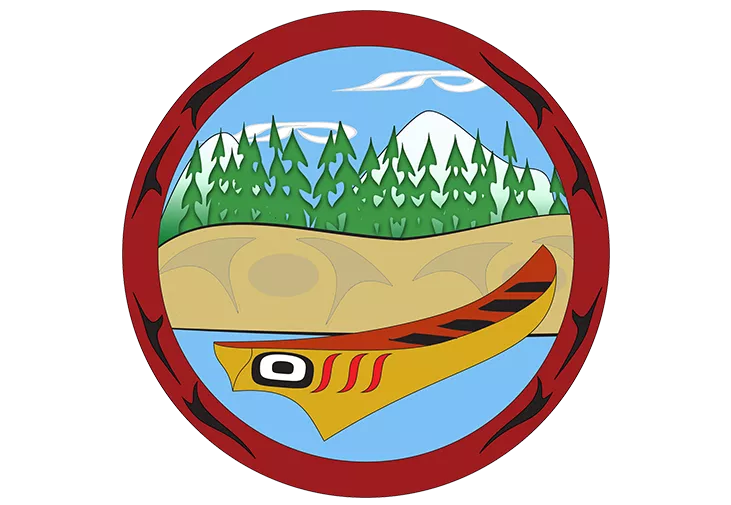
- Deepen their understanding of settler colonialism and Indigenous-specific racism
- Learn to identify how systemic racism operates in health and social systems and how individuals unintentionally uphold those systems
- Engage in critical reflection to support meaningful professional growth
- Implement practical steps for change
I don’t need to worry about Indigenous-specific racism - we already have a Diversity, Equity and Inclusion (DEI) advisor where I work and they are making sure that our policies and practices are anti-racist and inclusive
Indigenous anti-racism is not necessarily a part of diversity, equity and inclusion (DEI). Even if there are Indigenous leaders within your organization, it is not a substitute or replacement for individual and organizational responsibilities to address systemic racism and the impacts of settler colonialism. DEI typically focuses on making spaces and organizations more diverse, welcoming, and fair whereas anti-racism is focused on challenging institutionalized and systemic barriers, systems, policy and attitudes to change power structures. Indigenous specific anti-racism is important because of Canada’s unique relationship and history of Indigenous peoples. Relying on one individual or team to “handle” Indigenous anti-racism efforts is similar to healthcare workers refusing to wash their hands because they have an Infection Control Officer to “handle” infection risks. It ignores the importance of personal actions and the ongoing risks and injustices that persist. Further, it likely perpetuates the burden that is historically placed on Indigenous peoples to advocate for and make change. It is each person’s responsibility to learn about the history of colonization in Canada and the ongoing systems of oppression continue to impact Indigenous peoples.
Racism isn’t an issue where I work – we treat everyone the same, regardless of their race or background
Racism can take many forms and may still be operating where you work, even if you haven’t witnessed overt racism yourself (e.g., someone saying a racial slur, someone being discriminated against by a colleague of a different race/background). In many cases racism is subtle and systemic, embedded into policies, practices and assumptions that influence how people are understood and treated, and how resources are distributed. As we’ll learn in this course, society in present day Canada operates within colonial systems and structures that by nature uphold discriminatory practices toward Indigenous peoples. Striving for equality where everyone is treated the same, doesn’t necessarily lead to fairness because it ignores historical and ongoing inequities that shape people’s experiences. Instead we want to strive for equity which means recognizing and addressing these disparities. Equity ensures each person receives the support they need to achieve the same outcomes, making services more just and inclusive for all.
Shouldn’t this be an anti-racism course in general? Why the focus on Indigenous racism specifically? All types of racism are harmful.
Canada has a unique history of colonization and colonial structures and practices continue to shape policy and impact Indigenous people to this day. While all forms of racism are harmful and should be abolished, this course focuses on Indigenous-specific racism. The history of Indigenous People and colonial policies are specific and nuanced and uniquely shape the health outcomes of Indigenous peoples on this land.
I am a person of colour and have experienced racism first-hand, so I don’t need additional training.
It’s crucial to recognize that everyone, including racialized individuals, can adopt beliefs or benefit from systems that uphold anti-Indigenous racism. Canada was built on colonial policies that aimed to eradicate Indigenous peoples, and these policies continue to shape the structures of our society today. These systems often grant privileges or advantages to non-Indigenous people, including those who are racialized, in ways that can go unnoticed. Indigenous-specific anti-racism training helps unpack how colonial systems impact Indigenous communities uniquely and how we may unintentionally uphold these systems, even if we experience racism ourselves. Recognizing that anti-Indigenous racism is systemic — woven into laws, policies, and societal practices — allows us to see that no one is exempt from participating in or benefiting from these structures. Continued learning helps us challenge these biases and actively work toward dismantling these systems.
It’s not my ancestors who did all of this- so this stuff about decolonization or reconciliation doesn’t involve me.
Unfortunately, everyone who lives in Canada experiences social and political structures that have colonial underpinnings. Learning about the history of colonization and present-day impacts of ongoing colonial structures and policies is a responsibility of everyone who lives on these lands, as this history is uniquely tied to the lands of Turtle Island and its first peoples. Canada’s colonial history and the colonial laws and policies that exist today continue to contribute to gross health inequities and injustices that Indigenous peoples experience. Understanding this history and ongoing legacy as a helping professional is a critical first step to making changes and to ensure that Indigenous Peoples get the care and services they need, and are rightly entitled to as human and Indigenous rights.
I’m interested in learning about Indigenous peoples and their cultures so that I can better understand their needs
First, Indigenous peoples represent diverse cultures, languages, practices and beliefs. In health care as in other helping fields, it is important to treat individuals based on their unique and identified needs and circumstances, rather than assumptions you might have. Second, too often, people conflate the journey of reconciliation with a path that involves researching Indigenous knowledge and culture. Acknowledging that Indigenous-specific racism exists and starting to notice colonial structures and policies in action around you can be a powerful first step in working towards changing your attitudes and beliefs. This process is not about learning about Indigenous cultures, practices and ceremonies, rather, it is about looking inwards to understand your own knowledge, beliefs, biases, and assumptions better and make positive changes in yourself.
Aren’t Indigenous people racist too?
Often this disagreement can start with differing definitions of racism. While anyone can hold prejudices or biases against others, racism specifically refers to actions and a system of power that benefits one group over others. In Canada, systemic racism is rooted in colonial policies and structures designed to disadvantage Indigenous peoples and uphold the power and privilege of non-Indigenous groups that continues to shape laws, institutions, and societal practices today. When Indigenous people express distrust or frustration toward non-Indigenous people, it often arises from generations of systemic oppression, discrimination, and marginalization. These responses are better understood as reactions to lived experiences of injustice rather than as "racism" in the systemic sense. Recognizing this distinction helps us focus on dismantling the colonial systems that perpetuate inequities, rather than deflecting attention away from them.
